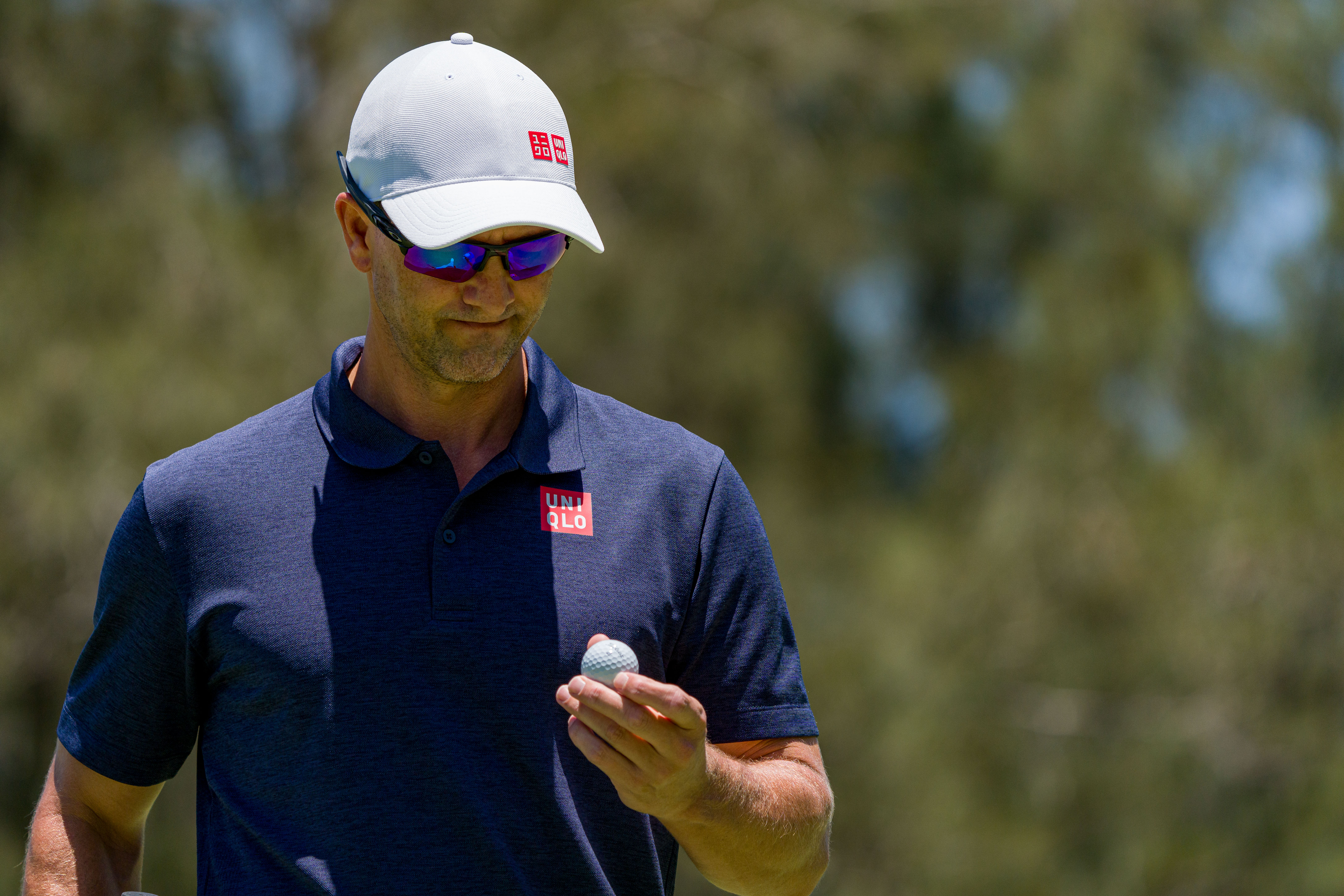
In March the R&A and USGA proposed a Model Local Rule (MLR) that would give competition organisers the option to use golf balls that have been tested under modified launch conditions to curb the impact of distance in the game.
Manufacturers and golf stakeholders are able to provide feedback until 14 August 2023 and, if adopted, the proposal would take effect in January 2026.
To summarise, golf balls that conform must not exceed the current Overall Distance Standard limit of 317 yards (plus three yards tolerance) with a clubhead speed of 127 mph, 11 degrees of launch, and 2,200 rpm of spin. It's thought that drives would be reduced by around 20-25 yards.
The MLR is intended only for elite competitions and will not impact recreational golf, if it does come in as golf would enter a new world of bifurcation.
This week the stars of the PGA Tour and the game's rules makers met at Muirfield Village and, according to a report by the Golf Channel, the feedback was understandably lukewarm. The PGA Tour players, aside from Rory McIlroy, were opposed to the possible rule, likewise the manufacturers with Titleist commenting that 'the proposal of golf ball bifurcation is in many respects a solution in search of a problem'.
Alternatively McIlroy claimed, in an exclusive with No Laying Up, that it might benefit him.
"For elite level play, I really like it. I know that’s a really unpopular opinion amongst my peers, but I think it’s going to help identify who the best players are a bit easier. I think you’re gonna see people with more well-rounded games succeed easier than what the game has become, which is a bit bomb and gouge over these last few years. I think this is only gonna help the better player," explained McIlroy.
"You know, it might help the longer player too, in some ways. But I think it's going to help the overall professional game. I think making guys hit some long irons again, and some mid irons, and being able to hit every club in your bag in a round of golf. I can't remember the last time when I've had to do that."

The 2 ½-hour meeting included Mike Whan and Martin Slumbers, the chief executives of the USGA and R&A respectively, and they met with the PGA Tour’s 16-member Player Advisory Council (PAC), the policy board and Tour executives, including commissioner Jay Monahan.
There was a one-hour presentation from the USGA and R&A, who oversee the US Open and The Open, before separate presentations from three equipment companies – Titleist, Callaway and Bridgestone. The consensus was that any possible rollback would not be supported by the players.
When asked if he thought that the PGA Tour might adopt the new rule, the chairman of the PAC, Adam Scott, was fairly to the point.
“I feel like that would be going against the grain strongly of what the sentiment is, and certainly off the back of yesterday, I think that would be surprising if that was just the thing that we did. I think there'd be some pushback on that from the membership.
“Ultimately, the players will end up deciding whether they want to mess around for two weeks (the US Open and The Open) with another ball. I really believe there's a lot at stake here. The way the testing has been done as for the future, that's hard to understand when we're not there. We're setting rules for future generations, which is how it's been explained. Because that's where they're going.”
Fellow PAC member, Rickie Fowler, added that the data being used actually predates the PGA Tour's ShotLink programme.
“Some things they’re looking at are a bit skewed or looking too much at the top end or outliers versus maybe averages and where things have been for the past 10 or 20 years where there really hasn’t been much movement or increases,” said Fowler. “The growth of distance (over the last 20 years) is fairly insignificant. I don’t see it as a spot where we need change or as big of a change that’s being proposed.”
Andy Pazder, who works as the Tour’s chief tournaments and competitions officer, wasn't giving much away.
“If they decide they are going to move forward then it comes back to us, the PGA Tour, to ultimately make a decision on whether we’d use the model of the local rule in competitions. It’s way too early for me to theorise if we’d take one position or another.”
Even the USGA's Whan admitted that the talks were out of the norm.
“This process is really strange. You have to go to the podium and say what you’re doing and then spend the next six months going around talking to somebody. As I said to the players last night, ‘I’m sorry about this process. “It’s fair to the manufacturers but sometimes it’s not fair to the players. [Tuesday’s meeting] was just a chance for us to make sure they understood what was driving our thinking and why.”







